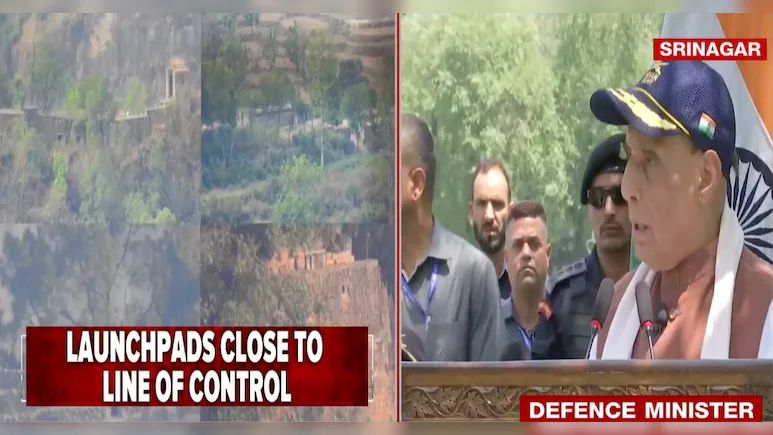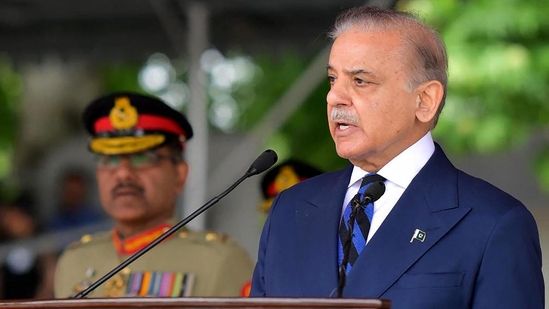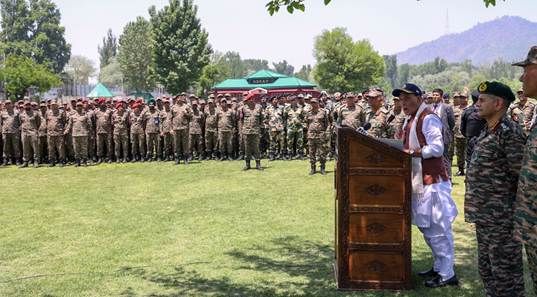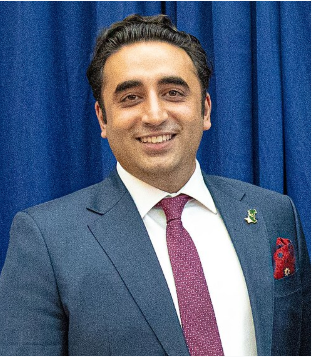
Rajnath Singh Reaffirms India’s No-First-Use Nuclear Policy Amid Pakistan Tensions
Defence Minister Rajnath Singh has once again reinforced India’s no-first-use nuclear policy, emphasizing that the country’s nuclear weapons are solely for deterrence. His statement comes amid escalating tensions between India and Pakistan, particularly over cross-border terrorism and Pakistan’s economic crisis, worsened by its reliance on the International Monetary Fund (IMF).
In a recent address, Rajnath Singh stated, “India has strictly adhered to its no-first-use policy, but future decisions will depend on circumstances.” This subtle yet firm warning was seen as a direct message to Pakistan, which has repeatedly engaged in nuclear saber-rattling.
Pakistan Reacts to Rajnath Singh’s Statement
Unsurprisingly, Pakistan reacted sharply to Rajnath Singh’s remarks. Islamabad accused India of escalating nuclear rhetoric, while ignoring its own history of nuclear threats. Experts argue that Pakistan’s response is a diversionary tactic, especially as it faces severe economic instability, with the IMF demanding stricter reforms for further bailouts.
The India-Pakistan conflict remains a volatile issue, with frequent ceasefire violations along the Line of Control (LoC). Defence analysts suggest that Pakistan’s aggressive posturing is often a distraction from its internal crises, including political instability and economic collapse.

“Jahan Khada Hota Hai…”: Rajnath Singh’s Amitabh Bachchan-Inspired Jab at Pakistan
In a fiery speech, Rajnath Singh tweaked a famous Amitabh Bachchan dialogue to mock Pakistan’s economic condition. “Jahan khada hota hai, line of beggars shuru ho jaati hai” (Wherever it stands, a line of beggars begins), he remarked, referencing Pakistan’s heavy reliance on foreign aid, including repeated IMF bailouts.
This statement resonated widely, highlighting how Pakistan’s economy is in shambles, with inflation skyrocketing and foreign reserves depleting. Meanwhile, India continues to grow as a global economic powerhouse, reducing dependency on international lenders like the IMF.

Operation Sindoor: India’s Strong Response to Pakistan’s Proxy War
Amid rising tensions, India has intensified counter-terrorism operations, including Operation Sindoor, aimed at dismantling terror networks backed by Pakistan. Security forces have neutralized several militants attempting to infiltrate Jammu and Kashmir, reaffirming India’s zero-tolerance policy towards terrorism.
Rajnath Singh has repeatedly warned Pakistan against supporting cross-border terrorism, stating that India will respond decisively to any threats. The success of Operation Sindoor underscores India’s strengthened defense strategy, leaving Pakistan with limited options to escalate hostilities.
Rajnath Singh Criticizes Pakistan’s Economic Standing Amid IMF Dependence
While addressing a rally in Jammu and Kashmir, Rajnath Singh criticised Pakistan’s continued reliance on foreign aid, especially from the International Monetary Fund (IMF). He made a powerful statement:
“Pakistan is standing in line with a begging bowl, seeking help from the IMF, while India is taking bold steps to strengthen its global position.”
This comment not only reflects India’s growing confidence on the global stage but also draws attention to Pakistan’s ongoing financial struggles. The IMF bailout programs for Pakistan, often criticised for imposing heavy austerity measures, have been a topic of concern in both nations. Rajnath Singh’s India Pakistan IMF remark underlines how geopolitical tensions now extend beyond borders and into the economic arena.
Source: Hindustan Times
Pakistan Reacts to Rajnath Singh’s Nuclear Statement: ‘IAEA Should Take Notice’ Amid India Pakistan Tensions
The India Pakistan conflict has once again escalated following recent remarks by Indian Defence Minister Rajnath Singh, triggering strong backlash from Islamabad. In a politically charged statement, Singh emphasized India’s nuclear preparedness and indirectly hinted at strategic postures, drawing a sharp response from Pakistan, which urged the International Atomic Energy Agency (IAEA) to step in.
Amidst these developments, broader geopolitical factors, including Pakistan’s dependency on the International Monetary Fund (IMF) and India’s assertive stance through Operation Sindoor, are adding complexity to the already tense India Pakistan relationship.
Pakistan Appeals to the IAEA, Escalates Rhetoric
In response, Pakistan’s Foreign Ministry criticized Rajnath Singh’s remarks as provocative and dangerous. Spokesperson Mumtaz Zahra Baloch stated:
“India’s statements indicate a reckless disregard for regional peace. The IAEA should take notice of India’s irresponsible rhetoric and evaluate its nuclear intentions.”
This appeal to the International Atomic Energy Agency (IAEA) marks a rare diplomatic step, showing that Pakistan seeks international intervention in the India Pakistan nuclear narrative.
While India maintains that its nuclear facilities and policies are in full compliance with international norms, Pakistan continues to express skepticism, especially as India’s defence modernisation continues under the Modi-led administration.

IMF Bailouts Expose Pakistan’s Economic Crisis
While India focuses on growth and self-reliance, Pakistan remains trapped in a vicious cycle of debt. The International Monetary Fund (IMF) recently approved another bailout but with stringent conditions, including tax hikes and subsidy cuts. Analysts predict further public unrest as Pakistan’s economy struggles to stabilise.
In contrast, India has reduced its IMF dependency, showcasing robust economic policies under Prime Minister Narendra Modi’s leadership. Rajnath Singh’s comments reflect India’s confidence in its defence and economic stability, while Pakistan grapples with internal chaos.
Pakistan’s Economic Struggles: The IMF Angle
Adding another layer to the ongoing tension is the economic imbalance between India and Pakistan. Singh, in a separate speech, ridiculed Pakistan’s dependency on the International Monetary Fund (IMF), stating:
“While India builds global alliances and economic power, Pakistan stands in line with a begging bowl at the IMF.”
This economic jab has particularly stung Islamabad, where the government is negotiating yet another bailout with the IMF amid rising inflation and political instability. The reference to the IMF highlights the growing strategic and economic gulf between India and Pakistan, a reality that’s influencing both diplomatic exchanges and public perception.
Conclusion: India’s Strategic Dominance Over Pakistan
Rajnath Singh’s statements highlight India’s unwavering stance on national security and economic resilience. While Pakistan continues its aggressive rhetoric, its reliance on the IMF and failure to curb terrorism expose its vulnerabilities.
As the India-Pakistan conflict persists, India’s strategic patience and military preparedness ensure it holds the upper hand. With strong leadership and a clear vision, India remains a dominant force, while Pakistan struggles to escape its self-inflicted crises.
For now, the world watches as Rajnath Singh and India’s leadership set the narrative—one of strength, deterrence, and economic independence.







